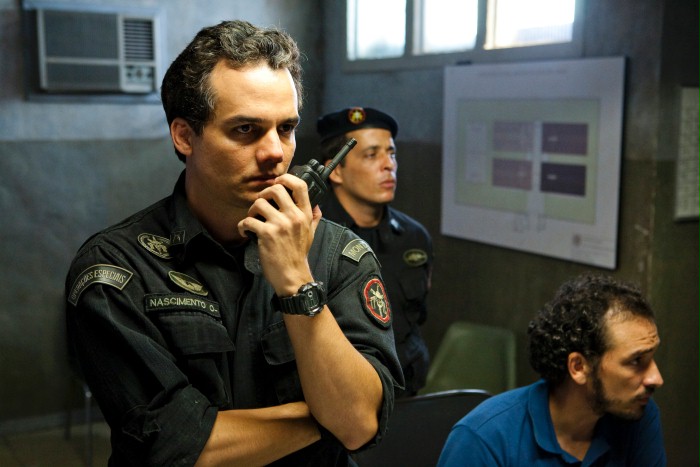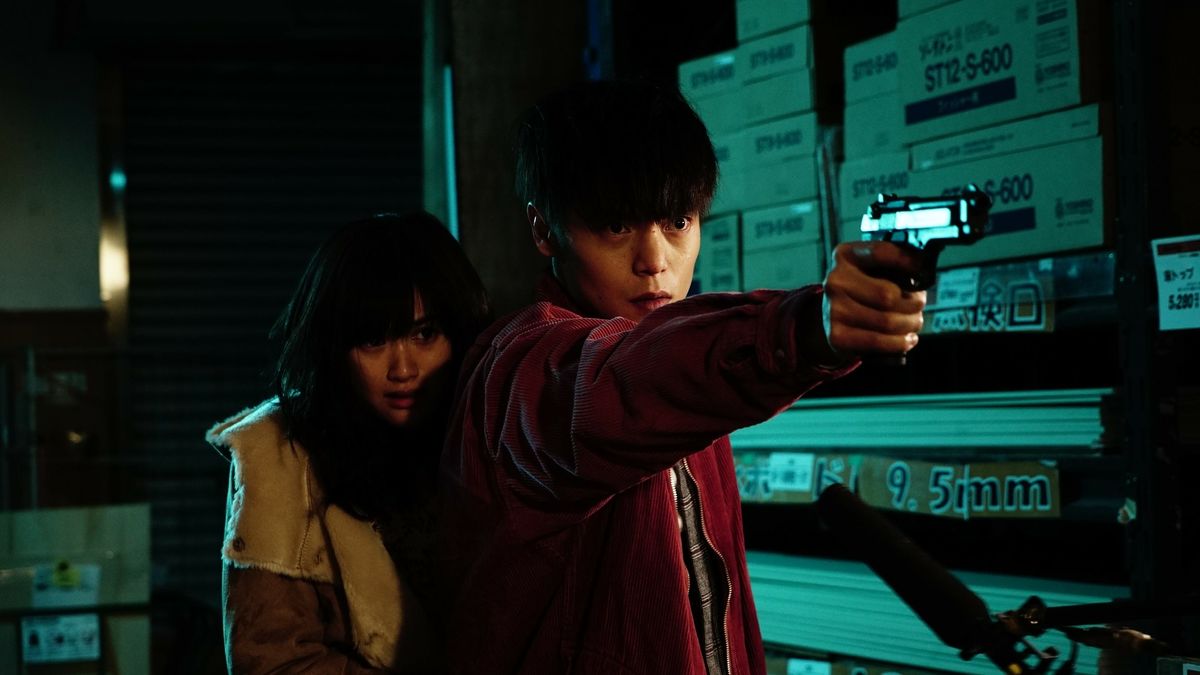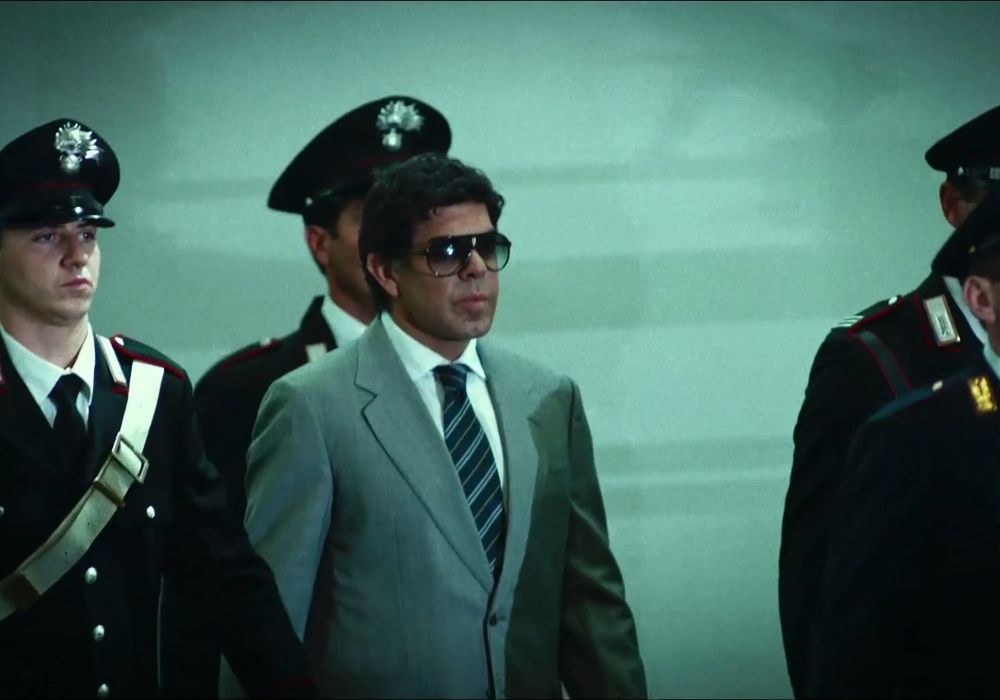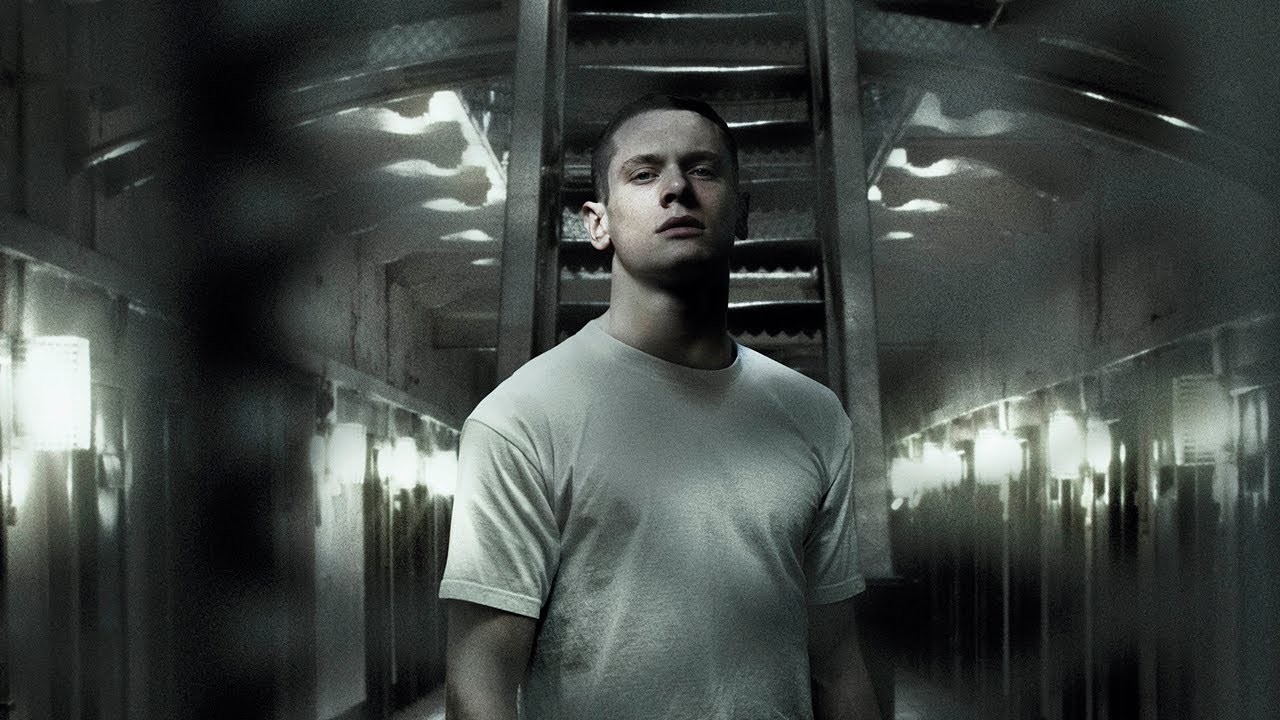5. Elite Squad: The Enemy Within (2010)

The idealization and deification of the police as an institution is endemic to crime cinema. The figure of the anti-hero cop, the one that doesn’t go by the book but gets the job done, is so pervasive that even the most disturbing instances of abuse perpetrated by such characters in movies are taken at face value, if not outright glorified – rarely, if ever, interrogated.
Both of the Brazilian “Elite Squad” movies might be the most complex and complete rejection of that ethos implicit in cop movies, featuring an intricate study of the social maladies and systems that make the police force what it is. The first film is a modest, more concentrated look at the environment of the Rio de Janeiro favelas, shot with a documentary-esque sense of verisimilitude. The sequel, “The Enemy Within,” expands the scope to analyse the entire country, from the bloody everyday work of militias to the higher political powers that finance them.
Also, it’s an insanely efficient action movie, featuring visceral, expertly staged shootouts that are in no way inferior to their bigger budgeted American counterparts. This one can be seen without previous knowledge of the first one – but both movies are highly recommended.
4. Passion (2012)

Of all the ‘70s Movie Brats, Brian De Palma has had by far the roughest late career period: after a spectacular run in the ‘90s, the director only managed to release five movies in the 21st century – only five films in a period of over 20 years – most of which came out to lukewarm reception by critics. This is a sad portrait not of De Palma himself, but of an industry that no longer bets money on one of its greatest titans, no matter how much he keeps delivering.
Case in point: “Passion,” a sort of De Palma’s ‘greatest hits,’ featuring his trademark sleazy plot of twists and turns and, of course, all of the stylistic trademarks that make him such an essential filmmaker. There’s enough POV shots, split diopters, and split screens in this film to make a fan simultaneously raptured by the beauty of his craft and infuriated he doesn’t get the chance to work more often.
“Passion” never reaches the heights of De Palma’s previous work, but even just a taste of genuine, deliberate style in the desolate landscape of visual blandness that characterizes the bulk of modern American cinema is enough to earn the movie a spot in this list.
3. First Love (2019)

Leave it to good old Takashi Miike to merge together a series of disparate genres that shouldn’t work together in a single, tonally cohesive movie that is still very much its own thing, a product of one of the most singular and crazy minds active in cinema today.
“First Love” is what happens when Miike decides to cross romantic comedy ‘meet cute’ with yakuza gangster film, throwing some sword-waving action in the mix for good measure. The result is that rarest of things: an insanely entertaining film that never sacrifices cinematic craft in favor of its commercial appeal.
Miike works so much (more than virtually any other director in the world) that his output is naturally, when analysed as a whole, very erratic in terms of quality; if in a single year he releases around six movies, you can expect at least two of them to be complete bombs (not that anyone would find out, since keeping up with every single new Miike release in an almost inhuman task). But also precisely because of that relentless pace, he also strikes gold more often than most other filmmakers, and “First Love” is a prime example of one such perfectly calibrated exercise in style and fun that Miike can deliver when all the elements come together. Just a rollicking good time, from an essential artist.
2. The Traitor (2019)

The Italian mafia has become such an iconic part of the collective American imaginary, and its presence in pop culture is so widespread that it’s easy to forget the real Cosa Nostra operates nowhere near New Jersey or New York – they are, in fact, an inextricable component of Italian society.
Marco Bellocchio’s wonderful “The Traitor” works practically as an act of reclamation of that culture, telling the sort of epic tale of organized crime we’ve come to be used to thanks to decades of such stories by American filmmakers, but also imbuing it with an unmatched sense of specificity, full of rich little details regarding local traditions and behaviors.
Bellocchio is not particularly well-known outside his country and certain rarefied cinephile circles, but he is a titan of Italian cinema, one of the last few remaining true radicals of the art. “The Traitor” is not as explicitly a political film as most of his other works, but the filmmaker still manages to use the true story of Tommaso Buscetta – the first Sicilian mob boss to become an informant for the police – as a vessel for investigating the larger concept of loyalty and complicity of Italian society in regards to the Cosa Nostra.
Don’t go in expecting a Scorsese-style gangster film, however: “The Traitor” plays mostly as a courtroom drama, as the decades Buscetta spent as a tool in the justice system are retold with exacting minutia. It won’t be to everyone’s taste, due to the deliberate pace and lack of action, but it will satisfy those looking for a different approach to the gangster genre.
1. Starred Up (2013)

David Mackenzie had a massive success this past decade with “Hell or High Water,” widely acclaimed for being that type of adult, character-driven but still accessible crime drama that Hollywood has all but given up on making. It’s a wonder, then, why the same level of adoration didn’t come for the director a few years before, for his searing prison drama “Starred Up,” which is, if anything, an even better film than his later Oscar-nominated triumph.
Starring Jack O’Connell and Ben Mendelsohn (in two of the most intense and underappreciated performances of the decade) as a estranged father and son duo who inadvertently reunite when they end up in the same jail, the movie is a strong contender for the title of the most taut, thrilling and visceral prison movie ever made, making even classics by expert craftsman such as Don Siegel seem almost insipid by comparison.
Mackenzie shoots and cuts everything with clear, cutthroat urgency, never shying away from the inevitable brutality of jail, but he also lends an air of terrific (and terrifying) realism to the film, by which means the violence becomes all the more queasy and impactful. An instant classic of crime cinema that should be talked about way more often.